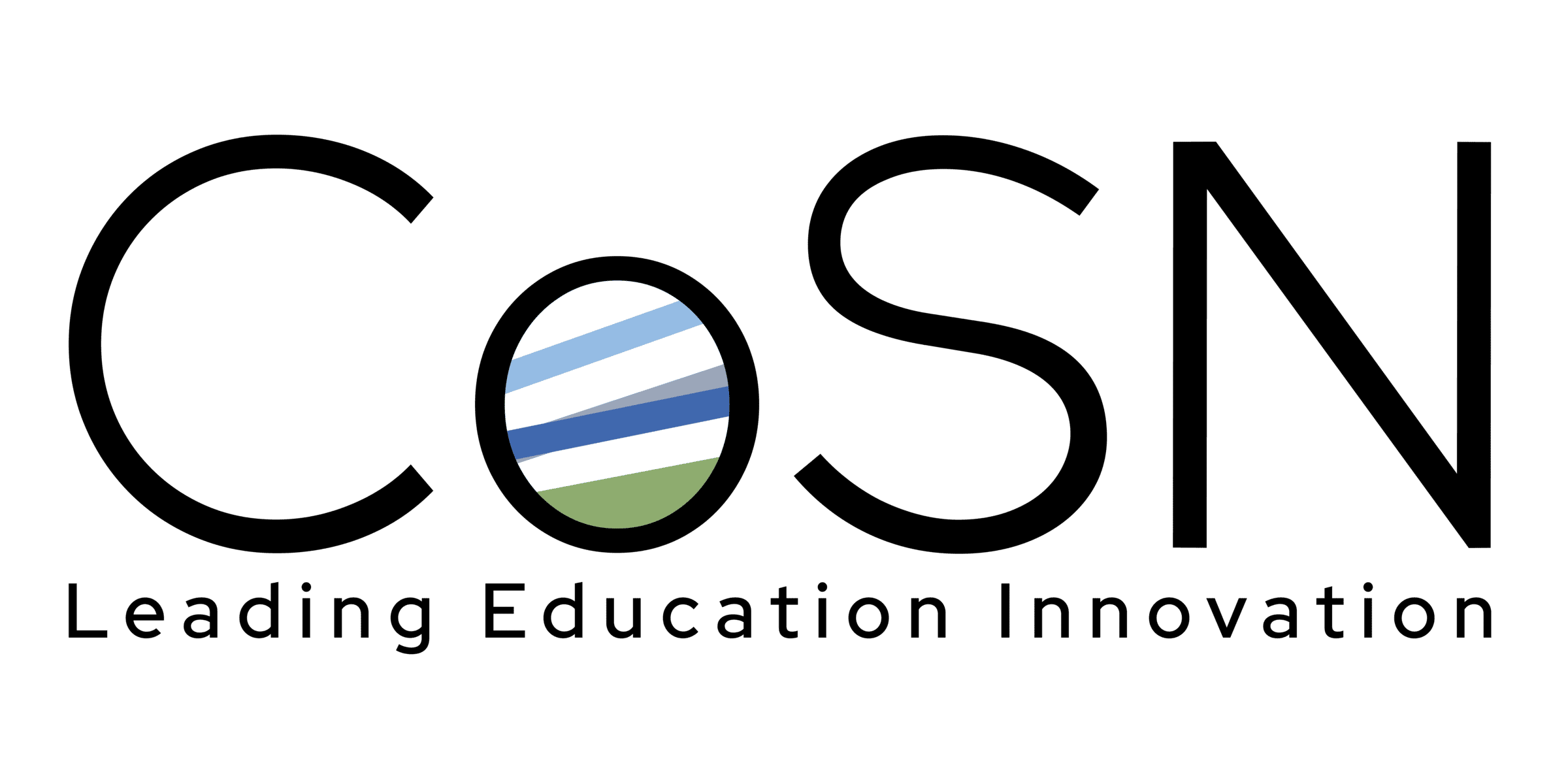School systems nationwide are increasingly using meaningful credentials and badges to recognize students and educators alike. CoSN (the Consortium for School Networking) today issued a new report, titled Micro-Credentials and Badges: Competency-Based Recognition for Learning, which examines this innovative trend—and how schools are leveraging these distinctions to expand student skills and encourage professional development in modern learning settings.
This is the latest report in CoSN’s EdTechNext report series.
“Micro-credentials and badges are powerful ways to recognize the achievements of students, teachers and administrators,” said Keith Krueger, CEO of CoSN. “More and more districts are incorporating these efforts into their curriculum to advance learning outcomes and professional development.”
“Schools in Western Pennsylvania are discovering the power of micro-credentials and badging for both students and educators. The regional effort is led by the Remake Learning Network, a powerful ecosystem that links K-12, higher education, out-of-school providers, non-profit agencies and corporate partners. CoSN’s new report is a great resource for educational leaders who stand ready to lead on this topic,” said Norton Gusky, Co-Chair, CoSN’s Emerging Technologies Committee.
A micro-credential is a certification of specific knowledge or skills, and a badge is a tangible certificate or proof of earning a micro-credential—just as a diploma embodies a degree. The report illustrates how school districts are using these tools to promote the importance of earning valued skills and effectively incorporating micro-credentials into their education programs through technology.
Through real examples, the report details how micro-credentialing is supporting teaching and learning in specific school systems by:
-
Building students’ skills in in-demand career pathways, with a particular focus on science, technology, engineering and mathematics.
-
Identifying gaps in the curriculum and creating micro-credential challenges to fill those needs while developing practical competencies.
-
Giving teachers the opportunity to engage in personalized professional development anywhere at anytime.
-
Streamlining and standardizing professional development content, which ensures educators receive consistent training.
Showcased school districts in the report include: Holy Family Academy (PA), Coxsackie- Athens Central School District (NY), Richland School District 2 (SC), and the Cajon Valley Union School District (CA).
The latest edition of the EdTechNext report is made possible by Amazon Web Services, AT&T, Brocade, CDW•G, Ciena, Cisco, ClassLink, Cradlepoint, Dell, ENA, Encore Technology Group, FileWave, Fortinet, Google, Houghton Mifflin Harcourt, HP, IBM, iBoss Security, Identity Automation, itslearning, JAMF Software, Juniper Networks, Kajeet, Lightspeed Systems, McGraw-Hill, Microsoft, Pearson, Promethean, SAFARI Montage, SchoolDude and Sunesys.

